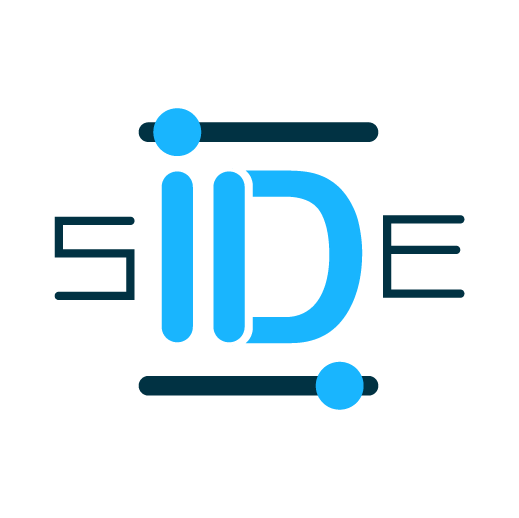ID side & Digital Ethics Academical Approach
17 Mar 2025

Whether it is in Oxford (Centre for Digital Ethics), Yale (Digital Ethics Center (DEC), Yale University) or Georgetown University (Center for Digital Ethics at Georgetown University), the underlying question to keep bridging Ethics & Innovation is: How can individual digital rights & business interests possibly coexist so that everyone benefits from innovation?
In EU, the GDPR and the EU AI act were designed to set regulatory boundaries to such questions. In the US, CCPA and California Privacy Protection Agency started from the tools: GPC and OOPS. Some set a new paradigm and clarify what individual control over personal data should look like (EU). Others move things forward in practice with dataprotection engineering (CA/US). Both parties agree: the way forward is neither laid down in the books/the rule of law, nor in a ChatGPT O1 prompt -or any other AI tool. It starts from existing online practices and must shift paradigms thanks to a "humanly concerted" decision-making process.
From a trip to DC, ID side Principal came back with Georgetown University's Center for Digital Ethics ethical questions in mind, specifically focusing on how individuals can regain control over their digital footprints -notably through interdisciplinary Research in Computer Science, Philosophy, and Public Policy.
ID side Research has developed a system designed to redefine privacy management—a seamless, user-centric solution that acts as a Privacy Single Sign-On, allowing individuals to set and share their data preferences effortlessly across digital platforms.
Looking at Georgetown University's ethical Research and what ID Side promotes, our team's takeaway is that today's challenge is to build a business-friendly digital ecosystem where:
- Ethics Meets Implementation (ethical frameworks are great but they must be transformed into real-world applications),
- Regulatory Readiness is key (setting & aligning with global privacy standards requires budget and time).
- Innovation serves Public Good (redefining personalization without invasive tracking does not invalidate existing 24/7 tracking but is a complementary & strictly necessary alternative -i.e. 2027 shortage of servers' storage capacity)
- Users are Empowered (there is no way out without corporations progressively sharing control with individuals).
Based on Legal & Tech Innovation evidence, let's recognise a hard fact: now is the time to make User Empowerment operational in a concerted, iterative, multi-stakehoders and practical way.
In EU, the GDPR and the EU AI act were designed to set regulatory boundaries to such questions. In the US, CCPA and California Privacy Protection Agency started from the tools: GPC and OOPS. Some set a new paradigm and clarify what individual control over personal data should look like (EU). Others move things forward in practice with dataprotection engineering (CA/US). Both parties agree: the way forward is neither laid down in the books/the rule of law, nor in a ChatGPT O1 prompt -or any other AI tool. It starts from existing online practices and must shift paradigms thanks to a "humanly concerted" decision-making process.
From a trip to DC, ID side Principal came back with Georgetown University's Center for Digital Ethics ethical questions in mind, specifically focusing on how individuals can regain control over their digital footprints -notably through interdisciplinary Research in Computer Science, Philosophy, and Public Policy.
ID side Research has developed a system designed to redefine privacy management—a seamless, user-centric solution that acts as a Privacy Single Sign-On, allowing individuals to set and share their data preferences effortlessly across digital platforms.
Looking at Georgetown University's ethical Research and what ID Side promotes, our team's takeaway is that today's challenge is to build a business-friendly digital ecosystem where:
- Ethics Meets Implementation (ethical frameworks are great but they must be transformed into real-world applications),
- Regulatory Readiness is key (setting & aligning with global privacy standards requires budget and time).
- Innovation serves Public Good (redefining personalization without invasive tracking does not invalidate existing 24/7 tracking but is a complementary & strictly necessary alternative -i.e. 2027 shortage of servers' storage capacity)
- Users are Empowered (there is no way out without corporations progressively sharing control with individuals).
Based on Legal & Tech Innovation evidence, let's recognise a hard fact: now is the time to make User Empowerment operational in a concerted, iterative, multi-stakehoders and practical way.
